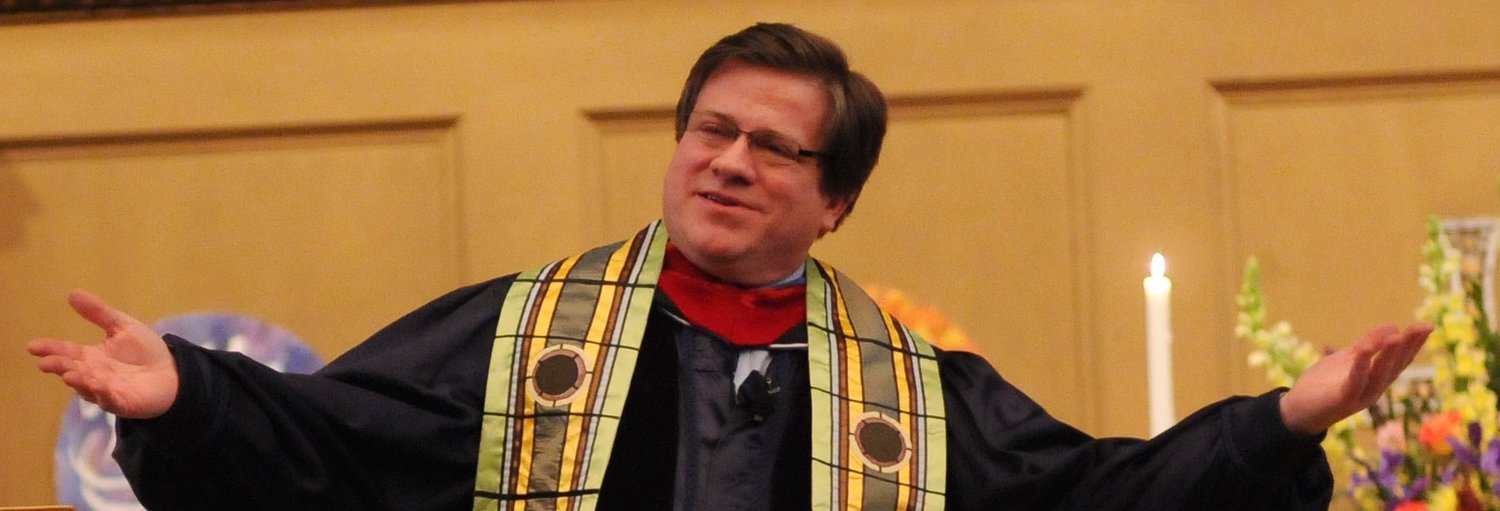For the Inward Journey, Day Twenty-Five
from Sorrow Songs—the Ground of Hope
(part six)
It is next in order to examine the large place given to the otherworldly emphasis in these songs. What is the meaning of heaven, of the final judgment? In such considerations would come to grips with the conception of immortality implicit and explicit in the songs, and the basis for it again and again I have heard many people (including descendants of these singers) speak disparagingly of the otherworldly emphasis as purely a mechanism of escape and sheer retreat. The argument is that such an emphasis served as a kind of soporific, making for docility and submission. It is further charged that here we are dealing with a clever device by which these people were manipulated into a position which rendered them more completely defenseless than they would have been without it.
Such an argument must be examined. In the first place, the facts make clear that religion did serve to deepen the capacity of endurance and the absorption of suffering. It was a precious bane! What greater tribute could be paid to religious faith in general and to their religious faith in particular than this: it taught people how to ride high to life, to look squarely in the face those facts that argue most dramatically against all hope and to use those facts as a raw material out of which they fashioned a hope but the environment, with all of its cruelty, could not crush. With untutored hands—with a sure artistry and genius created out of a vast vitality, a concept of God was wrenched from the Sacred Book, the Bible, the chronicle of a people who had learned through great necessity the secret meaning of suffering. This total experience enabled them to reject annihilation and affirm a terrible right to live. The center of focus was beyond themselves in a God who was a companion to them in their miseries even as he enabled them to transcend their miseries and this is good news! Under God the human spirit can triumph over the most radical frustrations! This is no ordinary achievement. In the presence of an infinite desperation held at white heat in the consciousness of a people, out of the very depth of life, an infinite energy took shape on their behalf.
Oh rise, shine, for thy light is a-coming.
Oh rise, shine, for thy light is a-coming.
My Lord says he’s coming by and by .
Do we wonder then that they sang:
Oh religion is a fortune.
I really do believe.
Oh religion is a fortune.
I really do believe!
In the second place, the religious emphasis did not paralyze action, it not it did not make for mere resignation. On the contrary, it gave the mind a new dimension of resourcefulness. I had a college classmate who cleared his throat before responding to the question of his teacher. The clearing of the throat broke the impasse between his mind and his immediate environment so that he could have a sense of ascendancy in his situation. It was in some such fashion as this that these religious songs functioned. (Of course, they did much more than this.) Once the impasse was broken, many things became possible to them. They could make their religion vehicular in terms of the particular urgencies of the moment. “Steal away to Jesus” became an important call to those who had ears to hear. In other words, far from paralyzing action, religion made for detachment from the environment so that they could live in the midst of the traffic of their situation with the independence of solitude. This the pragmatic result for them was an awareness that against the darkness of their days, something warred, “a strange new courage.” To them it was the work of God and who could say to them nay?
(For the Inward Journey: the writings of Howard Thurman.
Selected by Anne Spencer Thurman. pages 215-216
Originally published in The Negro Spiritual Speaks of Life and Death)
True confession: I overslept this morning, and was awakened by a housemate I had promised to get to work. Then to the vehicle emissions inspection center for my monthly routine. Now I’m sitting at a table at the Overlea Diner awaiting a dear community organizer, saying goodbye to her in her Baltimore time and wishing her every blessing as she leaves for a new appointment in Milwaukee.
At last night’s blessing on her travel, I led us in singing “There is more love somewhere. I’m gonna keep on ‘til I find it.” And prayed that her travels and her life there may be centered on love and its power.
This community of faith doesn’t use their faith as a cause for resignation. No! They are a people with “a new dimension of resourcefulness,” understanding that the power that many of us have access to is Organized People plus Organized Money. People organized through relationships, people’s stories told to reveal self-interest and organized around shared-interest. Money organized by congregations together determining that their resources might be shared to hire professionals to help shape their interest into discreet political action.
It has been my great joy to have worked with such organizations and such organizers throughout my career as clergy. This action has been the way I sing the song of freedom, based on faith, based on the human conscience and capacity, based on the confidence I have in liberation as an end for working and oppressed people. We have songs to sing!
Personal note: happy birthday, Ma, as you rest with dad and in the presence of ancestors. This would have been your 90th birthday. Your children miss you so very much.
